When Rebecca Lowson gave birth to her second child she was excited to be a stay-at-home mum.
But she quickly learned how challenging her new role would be with only 19 months between her two young children.
What she didn’t realise at the time was that she was struggling with postnatal depression and that her confidence had hit an all-time low.
‘I realised something wasn’t right’
Although her family were a great support, Rebecca, of Insch in Aberdeenshire, found it difficult to speak to anyone else about the difficulties she faced.
It was around three months after baby Ethan was born that she realised that something wasn’t quite right.
“It was the thoughts,” Rebecca, 41, says. “The negative thoughts.”
“Not that I wanted to take my own life, but I used to just blatantly say things to my husband like ‘I think you’d be better without me.
“‘I want you to take the kids away and find a new mum for them, they don’t need me, I’m rubbish at this’.
“I used to google how to disappear in the world without anyone finding out who you are.
“It’s not like I wanted to die; I just wanted to disappear.”
Rebecca had joined a baby group but found it hard to bring up the conversation with all the other mums.
“You go out the door and you just put on this face that everything’s fine,” she says.
“And then you get back in your house and that’s when it all falls apart again.
“It’s very easy to just put on the face and tell people that you’re fine, that everything’s great at home, but inside it’s like you’re dying.”
Postnatal depression: How did she get help?
Even attending special events she would normally look forward to were difficult times for Rebecca.
She remembers looking back at photos of a relative’s wedding and all she can see in her face is the “pain of that day”.
“I hate to think that because it was a beautiful day,” Rebecca explains.
Thankfully, the former retail manager’s health visitor picked up on the signs of postnatal depression and advised Rebecca to book an appointment with her GP.
She was prescribed medication which, she explains, helped get her back on an even keel and left her feeling that life was more manageable.
The GP also offered appointments with a cognitive behavioural therapy (CBT) specialist who was working at the Insch Medical Practice.
And the sessions ended up changing Rebecca’s life.
How did the CBT sessions help?
CBT is a type of talking therapy that gives you coping skills for dealing with different problems.
At first Rebecca was given little tasks to do each week to help build up her confidence.
“Because I had been at home for so long, just me and the children, the confidence I had when I was working before had just completely gone,” Rebecca explains.
“I think you kind of lose your confidence with dealing with the public and being able to go up and talk to a stranger. Silly things like that becomes quite a big deal.
“She’d tell me to go and speak to someone on the playground – a mum I’d never spoken to before.
“I thought ‘Goodness, playgrounds are a scary place to be’.”
Before long Rebecca was signing up to a new exercise class and chatting to other local women and says it felt “amazing”.
“It just really helped giving me these little tasks I had to do each week,” she says.
‘Finding new coping strategies also helped me enjoy a fuller life’
The CBT counsellor also introduced the mum-of-two to mindfulness which teaches you how to focus on the present moment, rather than the past or the future.
Practising mindfulness helps your body and mind feel relaxed and reduces feelings of overwhelm and stress.
It helped Rebecca realise that our thoughts are just thoughts and to acknowledge that rather than worrying about them.
“Mindfulness has really helped with anxiety because it reminded me that I was very much a ‘What if’ person – what if this happens, what if that happens?
“Catastrophising the worst things that could happen.
“Each time I start feeling anxious, I can do a meditation, do a practice, it just reminds me to allow the anxiety to be there, but I don’t have to react to it. Just let it be.
“It stops a physical reaction to that thought.”
It’s helped her to have a more positive outlook on life and have more empathy towards other people.
She no longer needs medication for postnatal depression and enjoys her family life with husband Pete and two children Freya, now 10, and eight-year-old Ethan.
“I definitely enjoy the moments more,” she explains. “I can go out with the kids, with the family and I just feel like I’m more present with them.
“I pay attention to what they’re doing and what they’re saying.
“It’s just really about enjoying life fuller, and remembering that the most important time is now.”
Realising how much it had helped her, Rebecca started training to be a mindfulness teacher and qualified last summer.
She is now helping others…
Rebecca launched The Happy Sigh and now does one-to-one sessions both online and in-person.
Classes are held in Insch and in Inverurie.
“It means so much to me and has changed my life and I love being able to help others now,” she says.
She also volunteers with the LATNEM (Let’s All Talk, North East Mums) support group and is now helping other mums facing struggles with postnatal depression.
If you, or someone you know is struggling with maternal mental health, you can contact LATNEM here and the team will be back in touch as soon as they can.
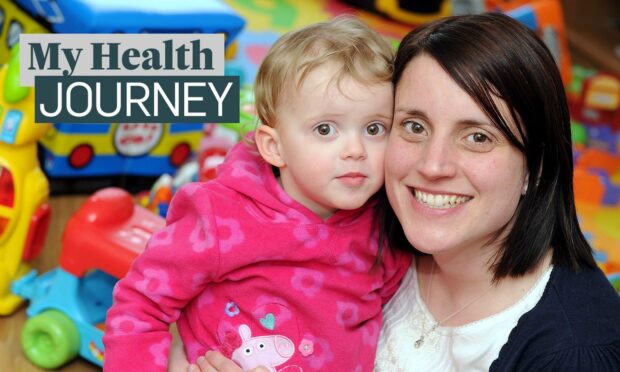
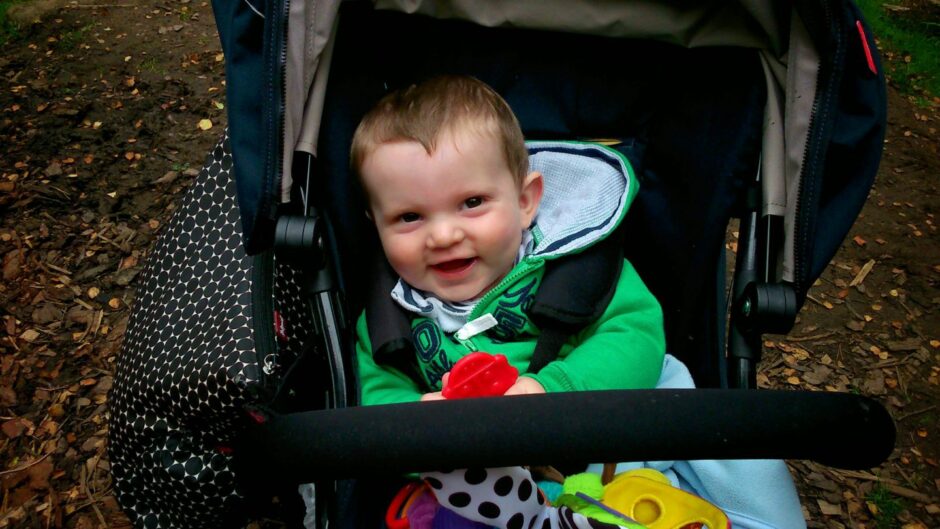
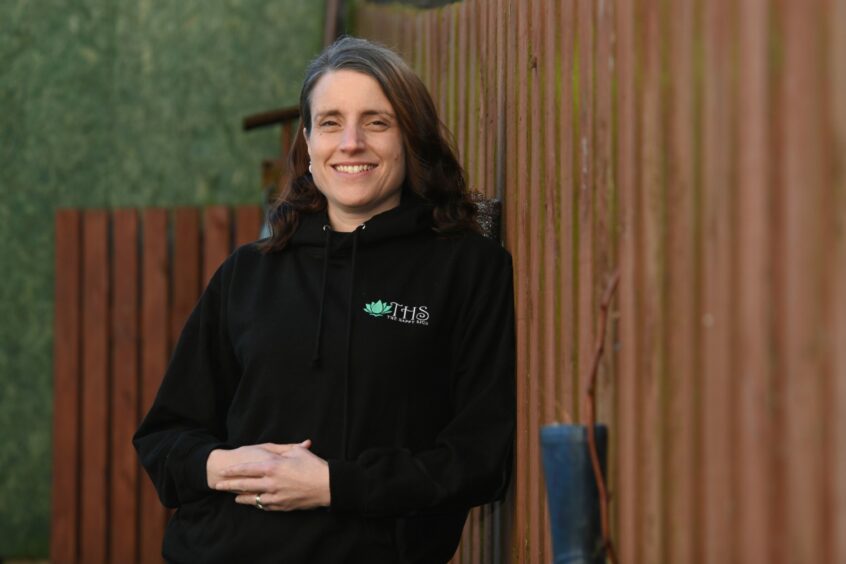
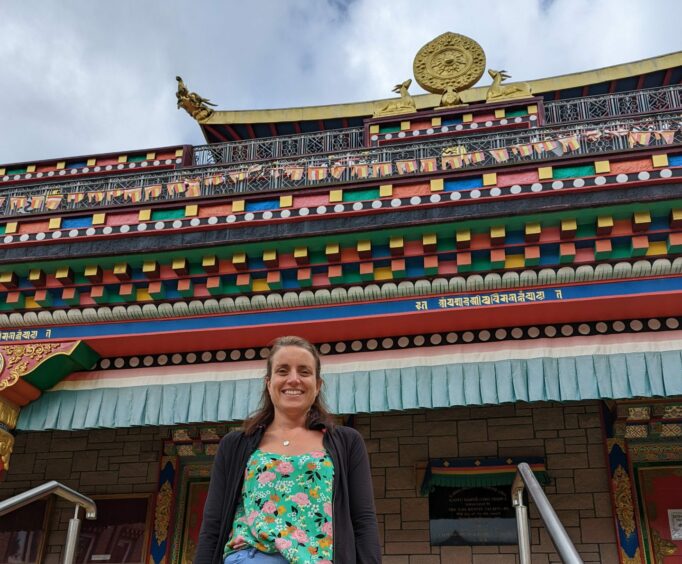
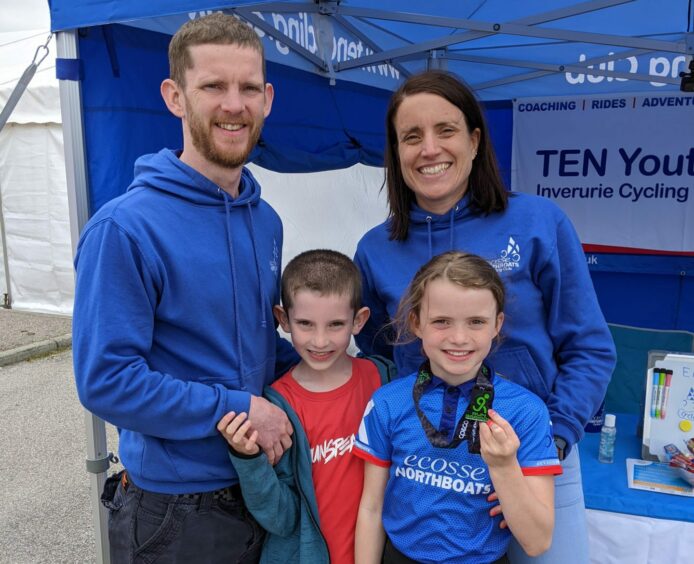
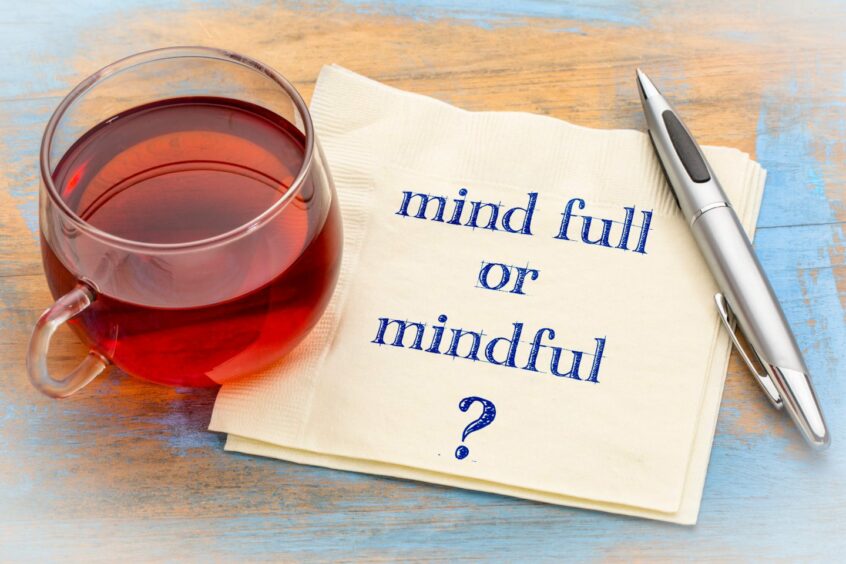
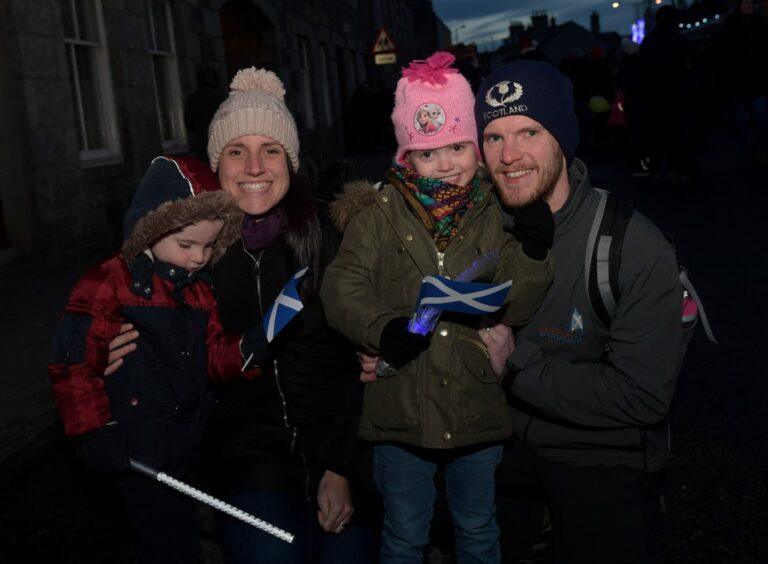
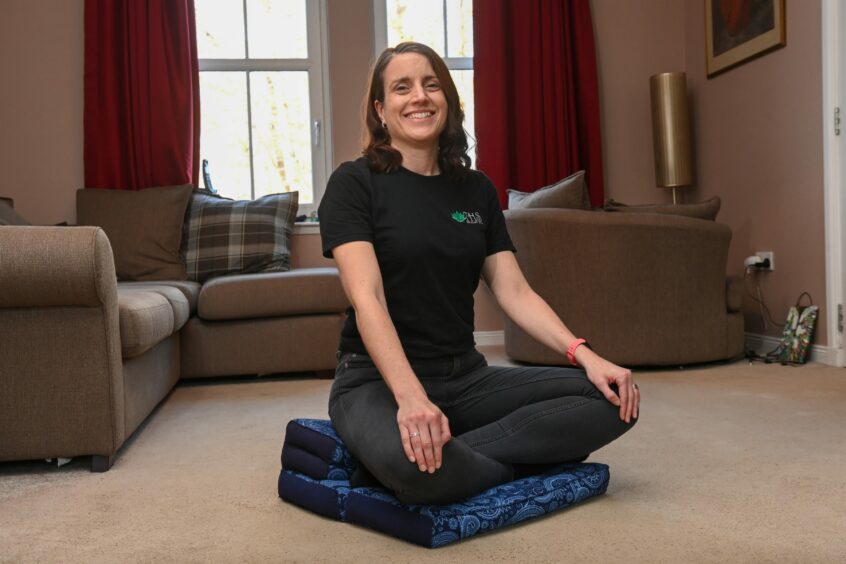
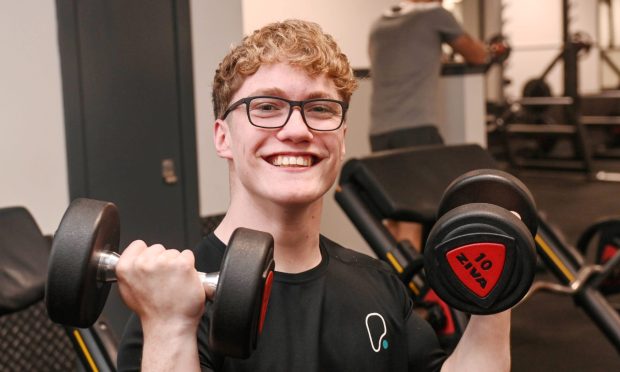
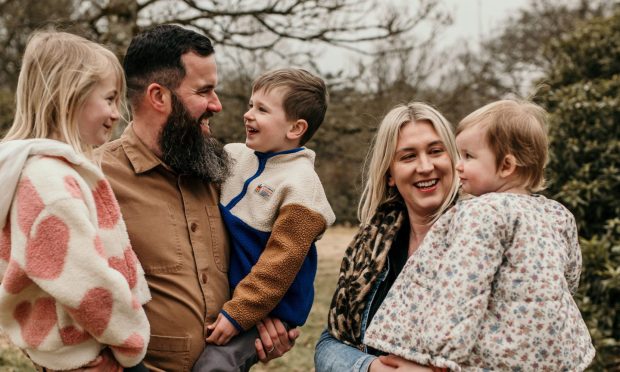
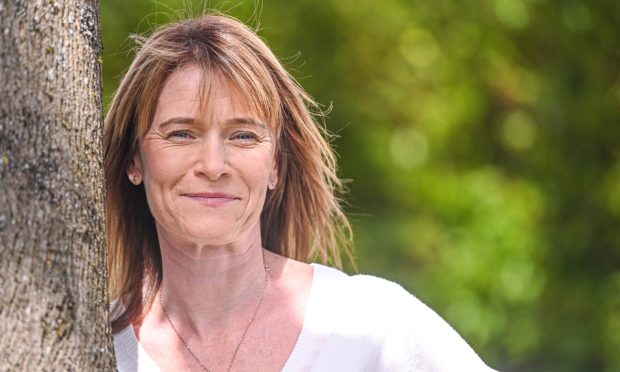
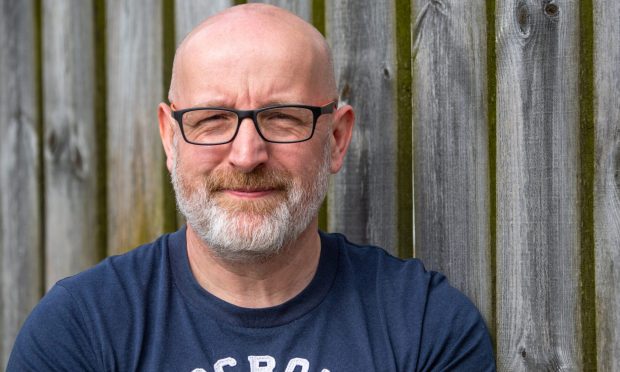
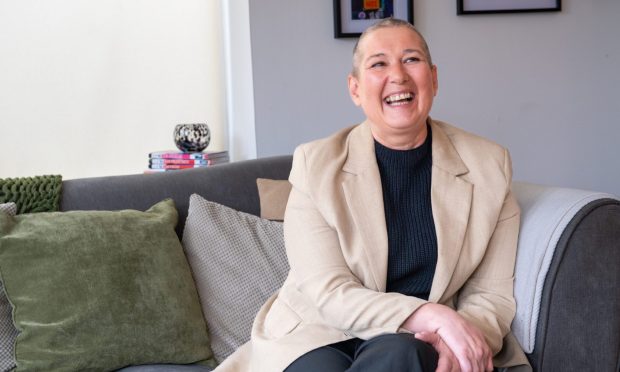
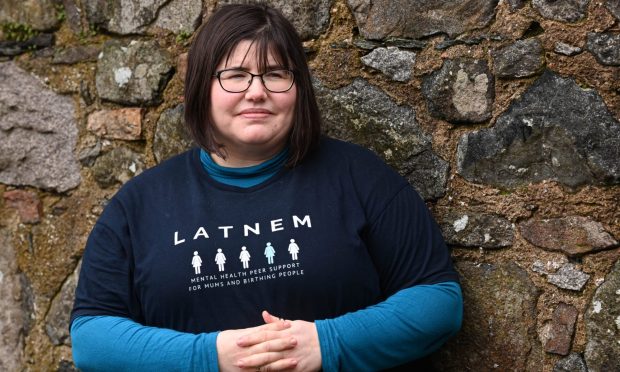
Conversation